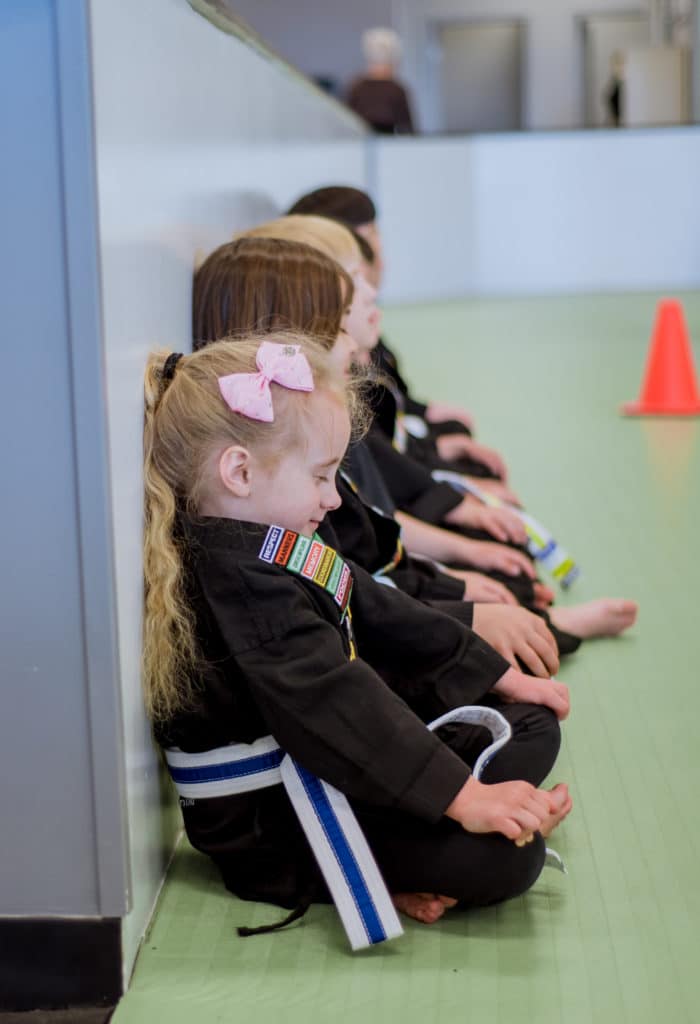Blog Post: Being Centered
By CPMAstudio In Insight
Centered: To Be Positive, Relaxed and Aware
Have you ever rushed around in the morning looking for your keys, only to find them in your pocket or worse, in your hand? I think it is safe to say that all of us have done something like this on occasion. Our lives are very hectic, and we have so many things on our minds that is very easy to lose track of what we are doing, sensing and feeling. That is why it is more important than ever to make a determined effort to be Centered.
When we are centered we are positive, relaxed and aware. We sense what is around us, and respond to it naturally. We are neither bogged down in the past, or worrying about the future. Our bodies are relaxed and our movements are balanced and coordinated. We are emotionally positive, even in the midst of something difficult or challenging (that doesn’t mean that we are happy, it is not realistic to be happy all the time; it simply means that we are maintaining a winning mindset or other, similar attitude in which we are in control of ourselves). We are in touch with our environment, what’s happening all around us. We are aware of ourselves, how we feel and what we are doing.
Fortunately, centeredness is a natural state; we are inherently centered, and will automatically return to a relaxed and aware state if we create a little room in our lives to do so; even a few seconds can be enough. First, smile. Deliberately smiling can help you turn a negative moment around because it creates an element of control. There is some evidence that faking a smile can actually tell your brain to produce some of the same hormones and transmitters you produce when you genuinely feel like smiling. Second, take a slow, deep breath. Deep breathing immediately reduces stress and helps our body to physically relax. Last, look to your left and your right. This sounds ridiculously simple but it really works. Our awareness shrinks when we are under stress, making the thing we are stressed about loom larger in our minds. That’s why we forget our keys are in our pocket. When you look around, you regain your sense of what is around you, and where you are in space, and reducing the amount of mental space you are assigning to your stress.
Children have a harder time managing stress and regaining their center because their brains are still developing, and they do not have the ability (aka “executive function) to think past emotions or physical discomfort that adults have. Fortunately, we can help them. Everyone has soothed a child when they are upset or anxious. The next time you are helping coach a child through a rough spot try coaching them to smile, breath deeply and look to the left and the right, while doing the same exercises yourself. See if these simple tools help your child regain their composure and their center.
See you next time.




